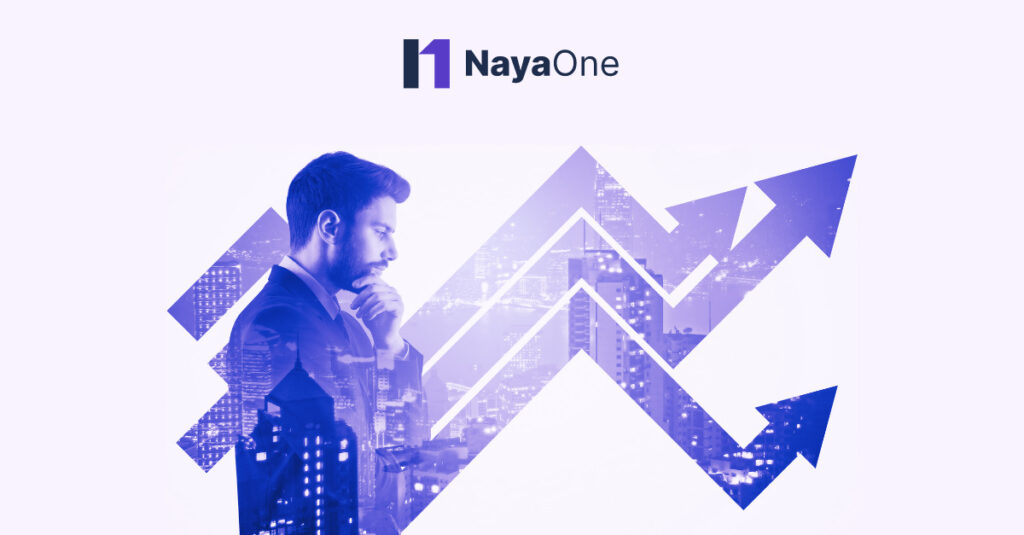
Varun Resh
Fintech & Emerging Technologies
Open Source in Finance Forum is a conference dedicated to driving collaboration and innovation in financial services through open-source software and standards.
The Open Source in Finance Forum brings together experts across financial services, technology, and open source to engage in conversations on how to use open-source software to solve industry challenges.
What are the key takeaways from the Open Source in Finance Forum?
Security for open-source technology
Jim Zemlin, Executive Director of The Linux Foundation believes that Open Source in Finance Forum is the fundamental building block of technology, however, it presents high-profile security challenges that need to be addressed. The primary long-term solution is to train people in secure coding courses and to adopt better ways of testing. Improved vulnerability discovery and remediation, and continuous security measurement can secure critical software infrastructures and solve supply chain issues at a scalable level.
Open finance
According to Declan O’Gorman, Head of Enterprise Engineering, NatWest organisations are at that crucial junction where they need to choose between forming partnerships to avail products and services that ‘almost’ meet their needs or working from square one to develop products and services that ‘absolutely’ meet their needs.
Regulated innovation
The panellists shared their insights on ensuring proactive regulator engagement in the open-source ecosystem. Francesca Hopwood Road, Centre Head, Bank for International Settlements points out that open source means different things to different communities, some could be receptive to the idea, while others could be repulsive. However, the key to better regulation remains re-engaging with wider communities, recognising and understanding the trends to build Proof of Concepts and putting them into application. Regulatory communities could interact together and learn from each other’s missteps, evolving capabilities and developing insights.
Francesca emphasises the need for creating open spaces for conversation, democratisation and knowledge transactions. She believes that knowledge sharing and validation are at the heart of open-source development, encouraging collaborations for the benefit of many, including central banks and financial service providers. Open source is the bridge between participants in the financial system.

According to Anna Wallace, SPO Consumer Protection and RegTech, Bill & Melinda Gates Foundation, the pandemic has made regulators realise that they have to be more digitally savvy. She says that in emerging economies, the tech ecosystem is not very complex but the lack of digital interaction between providers and regulators makes users vulnerable to fraud. Anna, as a representative of philanthropic communities, intends to fill in for the missing connective tissue needed to help partners with data proliferation to inspire use cases. Feedback from institutions can help enable foundations to work better. Anna highlights that open-source technology is the central component for providing financial inclusion, but the challenge is to prevent vulnerabilities and make financial inclusion resilient. For regulators, it is crucial to be able to exploit, catalyse and use technology in emerging economies.
Jennifer Lassiter, Executive Director, The Digital Dollar Project encourages the formulation of open-source ethos. Jennifer emphasises the importance of individual contributions in the open-source ecosystem for global collaboration in open, transparent and safe ways.
Open-source technology for inclusion
Speaking on Open-Source Technology as a Starting Point to Greater Access and Inclusion, Keesa C. Schreane, author, believes DEI (Diversity, Equity, Inclusion) and ESG (Environmental, Social, Governance) are the drivers of creativity and innovation in the tech ecosystem. According to Keesa, when people feel included and valued, they deliver their most creative work. Income parity between genders, diversity in business transparency and cross-contribution within and across organisations are a few ways to ensure accessibility and inclusivity.
Regulation innovation — stories from the trenches
The panellists discussed the importance of creating a collaborative space for corporates, regulators and industry stakeholders to come together and contribute to the thriving financial ecosystem in the developed markets. Jane Gavronsky, CTO of FINOS emphasised the need of the hour for industry tech sprints and sandboxes to enable innovation in regulation.
Jennifer Lassiter from the Digital Dollar Project kicked off this interactive session with data retention policies around open-source innovation and its implications industry-wide. Her insights into how the Digital Currency Initiative supports open-source collaboration through the Hyperledger Foundation show the commitment of global initiatives to future innovation ecosystems.
Anna Wallace, SPO Consumer Protection and RegTech, Bill & Melinda Gates Foundation highlighted the importance of innovation hubs in addressing public policy issues and how the stakeholders have a role to play in it.





